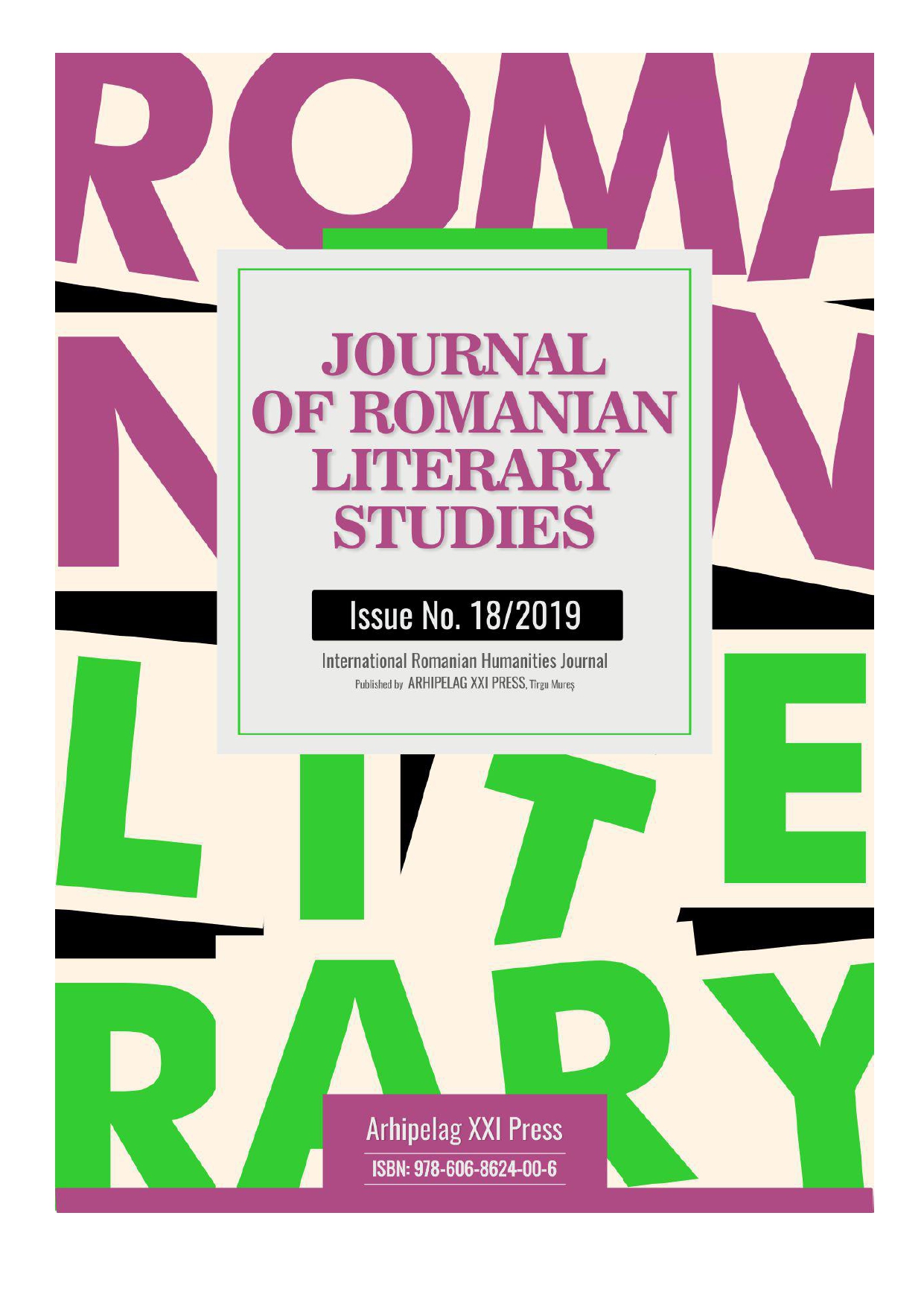DISPLACEMENT AND THE NEW (POST)COLONIAL IDENTITY IN V.S. NAIPAUL’S THE MIMIC MEN AND ONE OUT OF MANY
DISPLACEMENT AND THE NEW (POST)COLONIAL IDENTITY IN V.S. NAIPAUL’S THE MIMIC MEN AND ONE OUT OF MANY
Author(s): Patricia-Dorli DumescuSubject(s): Literary Texts, Studies of Literature, Philology, Theory of Literature
Published by: Editura Arhipelag XXI
Keywords: postcolonial identity; narratives of displacement; the flight to the centre; translating identities; the rejection of multiculturalism;
Summary/Abstract: The present paper focuses on two writings by V.S. Naipaul, the novel The Mimic Men and the short story One out of Many as narratives of displacement, telling the story of two apparently different characters, the educated and soon-to-be politician Ralph R. K. Singh and the domestic Santosh. Both will pursue the dream of a metropolis, leaving their native lands (the island of Isabella and the city of Bombay) in order to live in a global city where their identities should indeed become one out of many, less visible but at the same time reassuringly close to their idea of home. Ralph Singh is the perfect portrayal of Governor’s Macaulay definition of the colonial as a mimic man raised through our English school, trying to become one with the colonizers on the island. Educated in English thought and spirit he cannot do otherwise but think of himself as being English, altering his given identity in order to better fit into drawer-like definitions of the self and finally going to London in order to escape the chaos specific for the colonials and thus to (re)gain the dreamed-about order of the metropolis. Having the mobility of a postcolonial will not be enough for Santosh either, who cannot even deal with the immediate reality of the great city, unable to comprehend behavioral patterns or the irreality of television. His choice will be that of hiding from the city and from the strangeness it implies. Both of V.S. Naipaul’s characters are lost colonials in the new postcolonial reality, who cannot recreate the idea of home nor adapt themselves to the hybrid facets of the new surroundings.
Journal: Journal of Romanian Literary Studies
- Issue Year: 2019
- Issue No: 18
- Page Range: 580-588
- Page Count: 9
- Language: English

